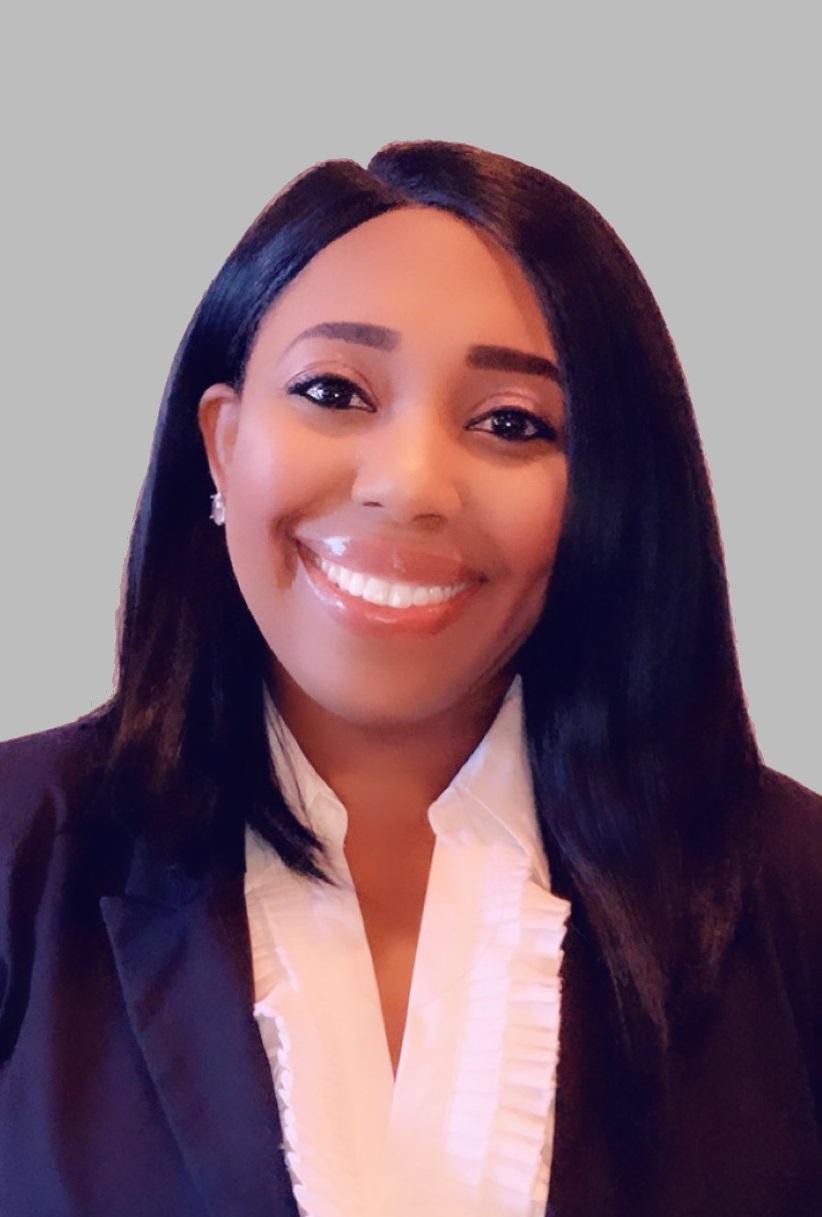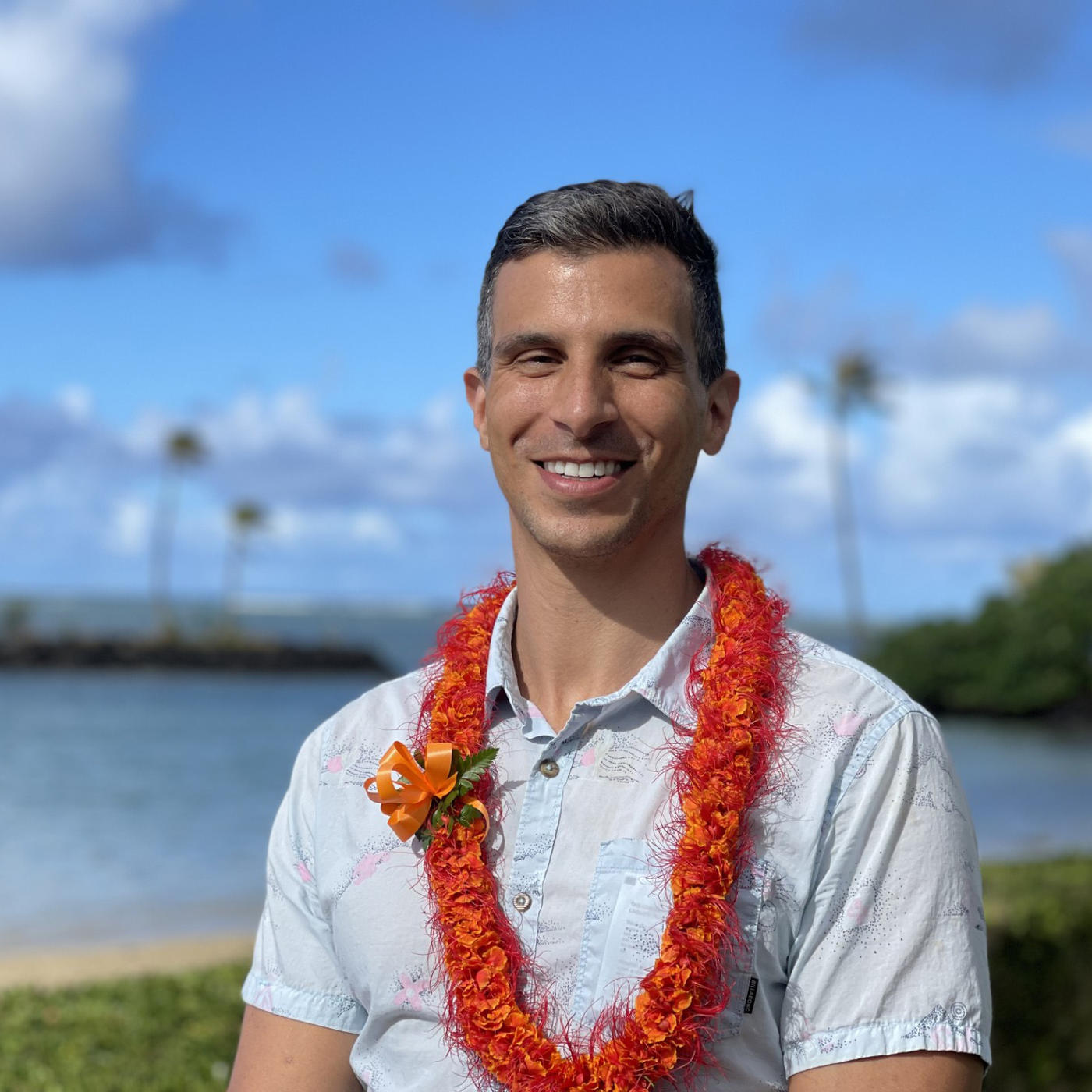The Class of 2017 AUC School of Medicine graduate remembers being on a night shift in the Pediatric Intensive Care Unit (PICU) back in March when she encountered her first patient with the novel coronavirus—a 19-year-old female.
“I was definitely nervous because there’s a lot we still don’t know about [the novel] coronavirus. But I realized that one thing I did know was how to put the patient first and be there for her,” says Dr. Mouzon. “For me, that overcame my fear of the unknown because I understood my first job was to take care of my patient and make sure she was OK, above all else.”
Pediatricians like Dr. Mouzon have to contend with the misconception that young people are not at risk for COVID-19. “It can definitely affect young people, and it’s something that we as pediatricians need to be vigilant about,” she says. “We’ve seen teenagers and babies in the PICU who test positive. We need everyone to take it seriously to help them recognize signs and symptoms.”
At the same time, she encourages patients and their parents not to delay vaccinations or other necessary outpatient appointments, despite the uncertainty that the pandemic brings. Since her rotation in the PICU ended, Dr. Mouzon has spent time in the pediatric outpatient clinic—an experience that has required a focus on preventative medicine, telemedicine where appropriate, and education.
“Being forthcoming and relating information in a clear, concise manner can help ease fears that patients and parents may have. There’s a lot of anxiety which is understandable, and parents want to make sure they’re doing everything they can to protect themselves and their child. So, we do a lot of education about taking precautions and what social distancing means and let them know that their pediatrician is still available for them,” said Dr. Mouzon.
“I truly believe from a pediatric standpoint that kids can sense when adults are sad or anxious, so my job is to try and be as calming to the child as possible, reassure parents, and make sure their questions are answered. That helps alleviate stress.”
Heroes in the Hospital
Dr. Mouzon can trace her fascination with medicine back to her childhood growing up in St. Petersburg, Florida. At age 7, she went to the hospital with her mother, a nurse, when a family friend was having a baby.
“I was too young to be in the room, but standing outside I saw this tall person with a white coat rush in and just take charge,” says Dr. Mouzon. “All of a sudden I hear the cry of a baby, and everyone’s laughing and crying, and I’m just staring at this person in the white coat, amazed, thinking, ‘Who are they? They look like a superhero.’”
She planned on becoming an OB/GYN herself but fell in love with pediatrics during her clinical rotations as an AUC student. And while her hospital in Michigan is a long way from her Florida roots, Dr. Mouzon says she feels at home.
“My residency program is wonderful. It’s very diverse, and I’m able to treat patients from underserved areas, like where I grew up,” says Dr. Mouzon. “I wanted to work in the same kind of community that raised me—it’s my way of saying thank you.”
Diversity in an organization has been a priority for Dr. Mouzon throughout her time in medical school and her career. “I came from an area that was predominantly African-American growing up, and then I went to a college that was predominantly white. Coming to AUC was the first time I had left the country, and the first time I’d met people from so many different cultures,” she says. “I’m thankful for that experience because it’s made me a better doctor. It helped get me ready for residency and prepared me to address a variety of patient populations and health disparities in my community.”
Fighting for Patients’ Wellbeing
Reflecting on the unique role of healthcare professionals in the fight against racial injustice, Dr. Mouzon says, “As an African-American physician, I think about how it impacts my practice and my patients. Being an advocate as a physician is very important, whether you come from the same background and traditions as your patient or you don’t share any of those things in common. Advocating for your patient means fighting for their wellbeing in every sense of the word, and that includes learning more about them as a person, understanding their perspective, and empathizing with what they’re going through.”
Dr. Mouzon’s recent appointment as the Wellness Chief Resident in her program is a testament to her dedication not only to her patients’ wellbeing, but also that of her colleagues. In this position, she is responsible for promoting wellness among residents, organizing health and wellness events, and overseeing the Peer Mentoring Program for residents.
She encourages residents to get involved in their own institution’s programs to advance issues and causes they care about.
“I believe all hospitals should have diversity and inclusion committees—a group that is focused on making sure that the system creates an inclusive environment for everyone that works there, addresses the need for more minorities in healthcare, and shows support for everyone,” she says. “It’s important to feel like you are welcome and that you get to learn from people who have different backgrounds and experiences. And it helps patients to see that there are physicians that look like them.”
But getting involved in efforts like these doesn’t have to wait until after earning an MD. “I think medical students have an awesome opportunity to be advocates,” says Dr. Mouzon. “I remember being part of the Black Medical Student Association and meeting the students—who are now physicians—who created that group. I’m so glad that that organization has continued to grow at AUC. They’re doing a lot of great work as far as promoting diversity in medicine.”
Putting Her Best Foot Forward
As Dr. Mouzon begins her third year of residency, she’s looking ahead to the next stage of her career. Her goal is to pursue a fellowship in pediatric emergency medicine in an area where she can continue to serve diverse patient populations.
For new graduates who are starting residency, she offers some words of advice: Trust your instincts and do your best. While it can be a stressful time, every day is an opportunity for growth.
“It’s OK if you don’t have all the answers. Remember that you’re there to learn. That knowledge will come, and as you acquire more skills, you’ll learn how to trust your gut. Just put your best foot forward, and you’ll succeed,” says Dr. Mouzon. “That’s something I’ve had to learn, which has brought me comfort in this crazy time. None of us has all the answers, but we wake up every day and we try.”





